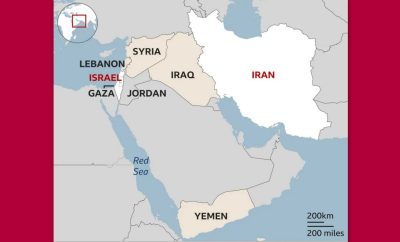
Stronger together: A strategy to revitalize trans-Atlantic power
As President-elect Joe Biden prepares to take office, leaders in Europe and Canada are breathing easier: Starting in just six short weeks, they will have a committed Atlanticist as their American partner. But the result of the American election alone will not repair the trans-Atlantic breach, as a 16-member team (myself included, along with Brookings colleagues Victoria Nuland, Amanda Sloat, and Torrey Taussig) of American and European former government officials and experts write in a new report. We argue: “The U.S. and Europe cannot simply rebuild the ties of a previous era if we are to succeed in meeting today’s challenges.” Instead, “the world needs a more powerful and purposeful transatlantic alliance to drive a new global agenda.”
The group — convened by the Harvard Kennedy School and the German Council on Foreign Relations — developed eight individual action plans, which lay out an ambitious agenda for tackling challenges to the trans-Atlantic community. They focus on economics and trade, security and defense, China, Russia, climate change and energy, democracy, technology, and the Middle East and North Africa. Each action plan includes an in-depth assessment of key challenges and proposes recommendations to U.S., Canadian, and European policymakers.
We contend that “[t]he United States, Europe and Canada must work together toward one ambition in 2021—to renew, revitalize and retool for the decade ahead the most powerful democratic community in modern history.” The U.S., Canadian, and European members of the alliance together can deploy tremendous diplomatic, economic, technological, and military assets. But they face new and grave challenges: the rise of China, an aggressive Russia, resurgent authoritarianism, and the existential threat of climate change.
Συνέχεια ανάγνωσης εδώ
Πηγή: brookings.edu




